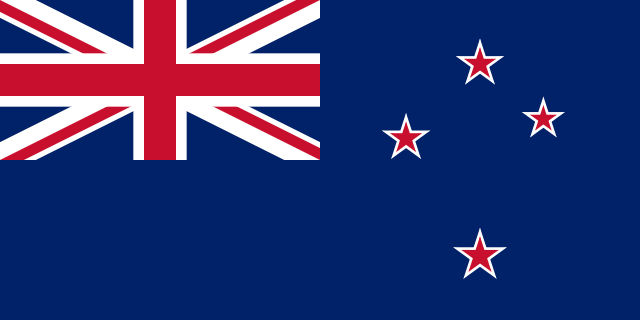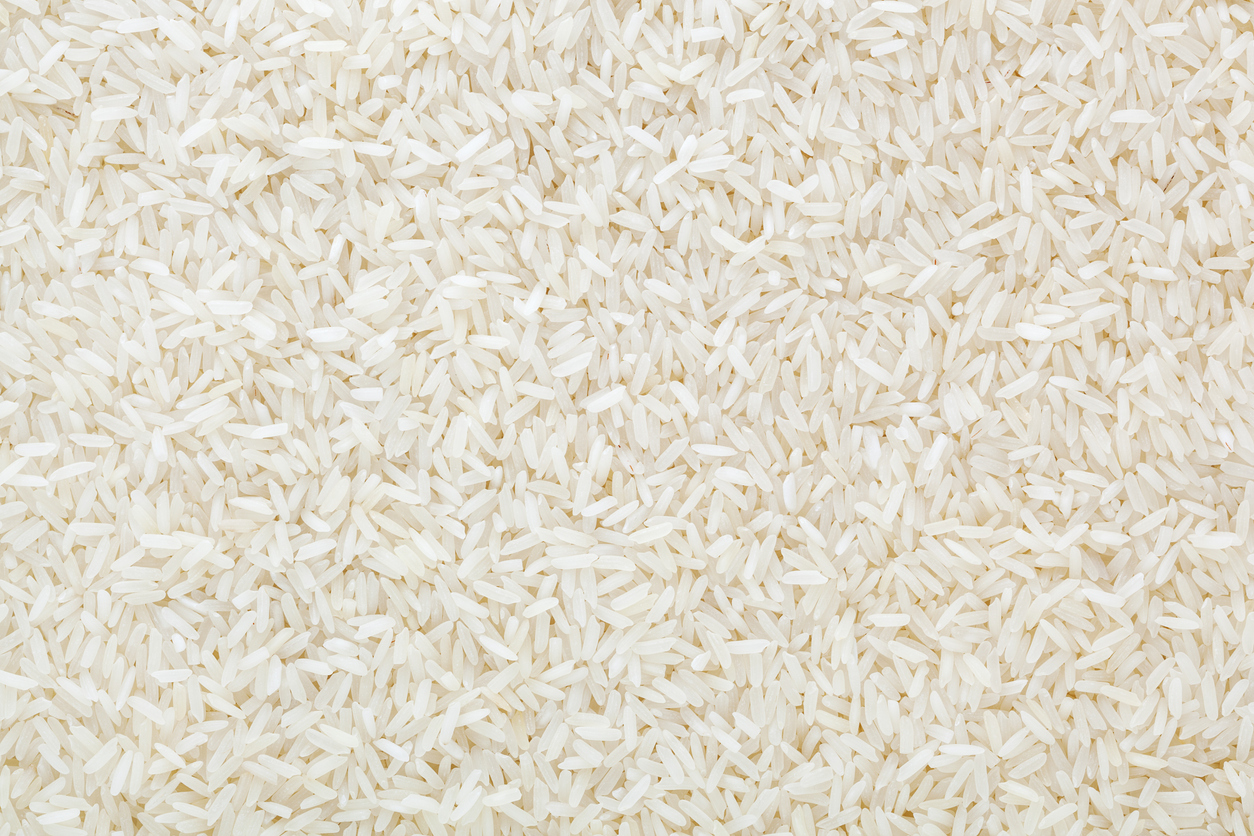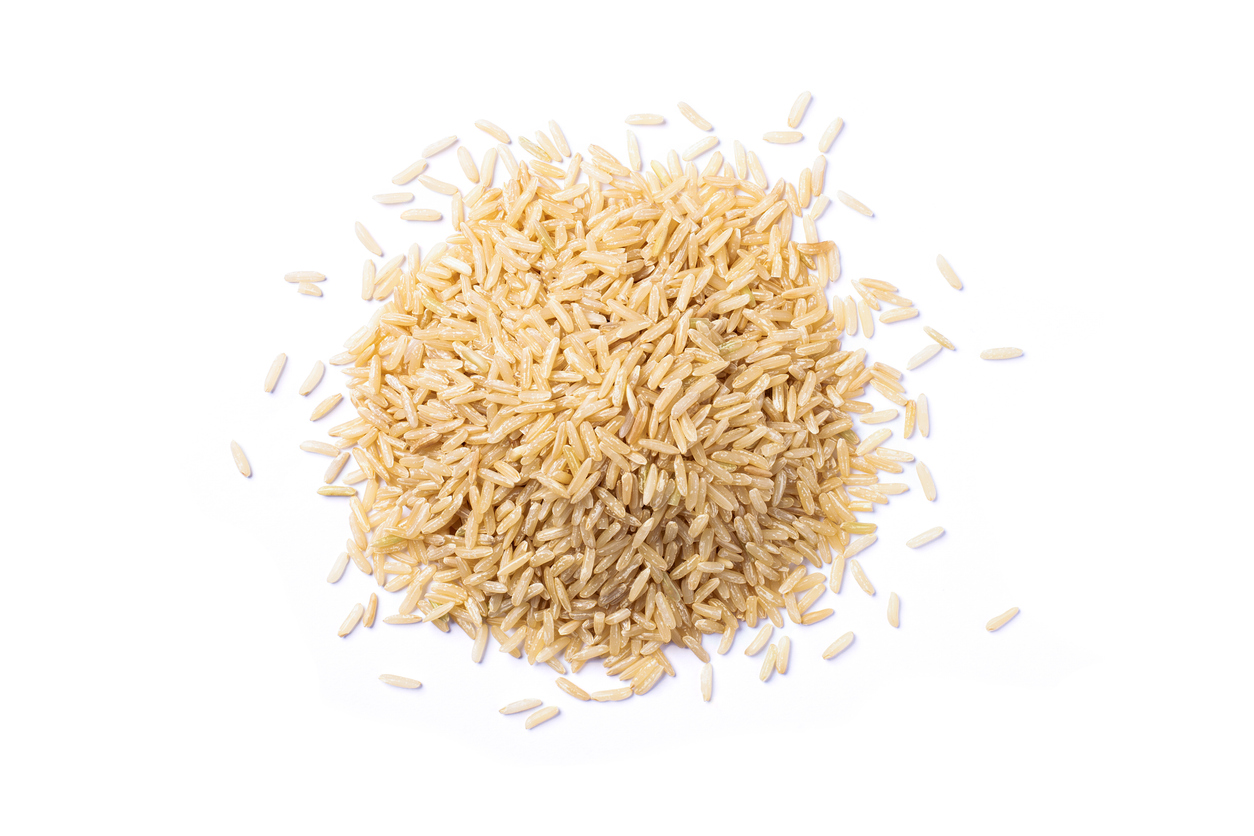How To Import Goods From New Zealand To Nigeria.
How To Import Goods From New Zealand To Nigeria.
Exporting and importing goods is a business that has gone global. This is because there are now a variety of people who have their own businesses and want to expand their networks. With the constantly changing economic and political climate, exporting has become a necessity for companies, whether they are large or small. Here are some ideas on how you can export goods from New Zealand to Nigeria.
What Are The Types Of Goods That Can Be Exported?
There are a variety of goods that can be exported from New Zealand. They include:
– Agricultural products
– Manufactured goods
– Minerals and minerals products
– Food and beverages from New Zealand or other countries
– Pharmaceuticals and medical devices from New Zealand or other countries
– Automotive products, including cars, trucks, motorcycles, components and parts, etc.
– Electrical equipment and appliances
– Furniture and household items
– Clothing
How A Good Export Requires An Export License
New Zealand’s export regulations are strict. To export goods from New Zealand, you must apply for an export license that allows the shipment of goods to a foreign country.
If your goods will be exported from New Zealand, you need to ensure they comply with New Zealand standards. These regulations will protect and enhance the quality of goods coming from the country.
There are also stipulations about how your goods can be exported to other countries. For example, certain types of food might not be suitable for export to some countries due to religious restrictions or cultural preferences. You’ll need to take care of these particular requirements before you send your product abroad.
It is important for companies to submit their applications for export licenses on time and in compliance with legislation so as not to cause any problems with the process.
How Much Is It To Import From New Zealand To Nigeria?
The cost of importing from New Zealand to Nigeria is not the same for everybody. The cost depends on the type of goods and where they are being shipped from.
If you don’t have an established company or importing department, it can be difficult to find out how much importing will cost you and what methods will work best for your business. Our team at ExportNZ can help you find out how much it will cost to import from New Zealand, as well as how long it will take for the goods to reach the destination country.
Contact our team today by filling out this form with all your questions!
Where Do I Get An Export License?
First, you’ll need to find out where the government office for your goods are located. This can be found on the Ministry of Business, Innovation and Employment’s website.
Next, you will need to fill out a New Zealand Export License Application Form. You’ll also be required to pay an up-front application fee. The forms are available at www.mbe.govt.nz/export-licensing
What Are The Benefits And Disadvantages Of Doing This Business?
Exporting goods is a great way to get New Zealand products into countries that may not be able to produce them themselves. It’s also an opportunity for companies to expand their business and make some money in the process. You’ll have the chance to discover new customers, which can lead to more sales, higher profits, and more customers.
There are also a set of risks that come with exporting goods from New Zealand. Exportations can take time and cost a lot of money as you’re dealing with international shipping. Plus, there are certain regulations that need to be met before your goods will reach their destination country. These factors could affect the price of your product and increase risk when selling it internationally.
Pros and Cons of Importing from New Zealand To Nigeria
One of the major benefits of exporting goods from New Zealand to Nigeria is that it will allow you to reduce your costs. Not only will it reduce the costs associated with shipping products, but it will also save you on duties and taxes.
On the other hand, importing from New Zealand to Nigeria can be quite expensive. It costs around $1,000 per container to ship goods from this country to Nigeria, which is a lot of money for many small businesses in Africa.
Final Thoughts.
Using global markets to your advantage is a smart move for any business. However, it can be challenging to navigate the many complexities of exporting goods internationally. If you’re looking for ways to export your products internationally, here are some tips on how you can start:
1) Look into potential partnerships in Nigeria that could work with your company.
2) Look into what kind of sanctions they might have on your industry and make sure they don’t prohibit trading with their country.
3) Make sure that all members of your company are aware of international tax laws and know exactly how much will be taken out of their wages to pay taxes on profit made abroad.







LEAVE A COMMENT
You must be logged in to post a comment.